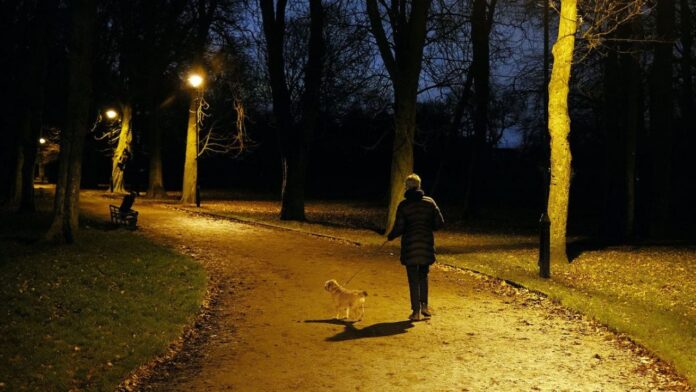Taking a walk after meals is an age-old practice, known as Shatapavali or “100 steps,” which has been valued for its positive impact on both physical and mental health. This simple activity offers a wide range of benefits, from aiding digestion to promoting heart health.
Here are Benefits of Post-Dinner Walking
- Improved Digestion: Walking stimulates the digestive tract, helping food move more efficiently. This can prevent indigestion, bloating, and other discomforts that often occur after eating.
- Blood Sugar Regulation: A short walk after a meal can help manage blood sugar levels by increasing glucose uptake by the muscles. This is especially useful for those with diabetes or people at risk of developing it.
- Weight Management: Walking after eating burns calories and can help curb cravings that might lead to overeating. Over time, this can contribute to weight loss or maintaining a healthy weight.
- Heart Health: Walking is a mild cardiovascular exercise, which can help lower blood pressure, reduce cholesterol, and improve circulation. Consistent post-dinner walks may lower the risk of heart disease and stroke.
- Stress Reduction: Walking triggers the release of endorphins, the body’s natural mood-boosters. This can help you de-stress after a hectic day, promoting mental well-being.
- Better Sleep: Physical activity in the evening can help you sleep better. A walk after dinner can help relax your body, setting the stage for a restful night’s sleep.
- Family Bonding: A post-dinner walk can be a great way to spend quality time with family or friends. It offers a chance to chat, connect, and share experiences, contributing to a sense of community and happiness.

 हिंदी
हिंदी






